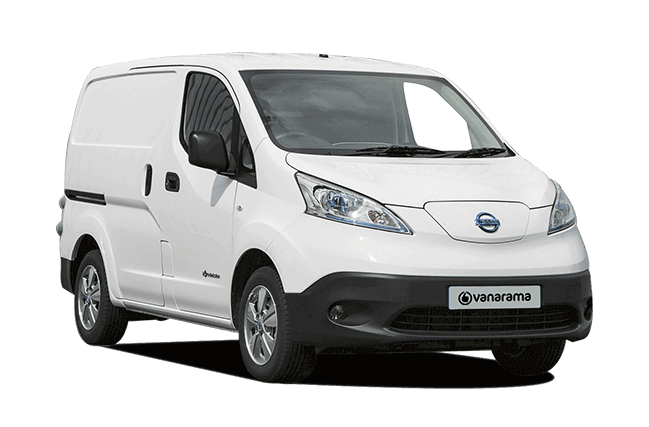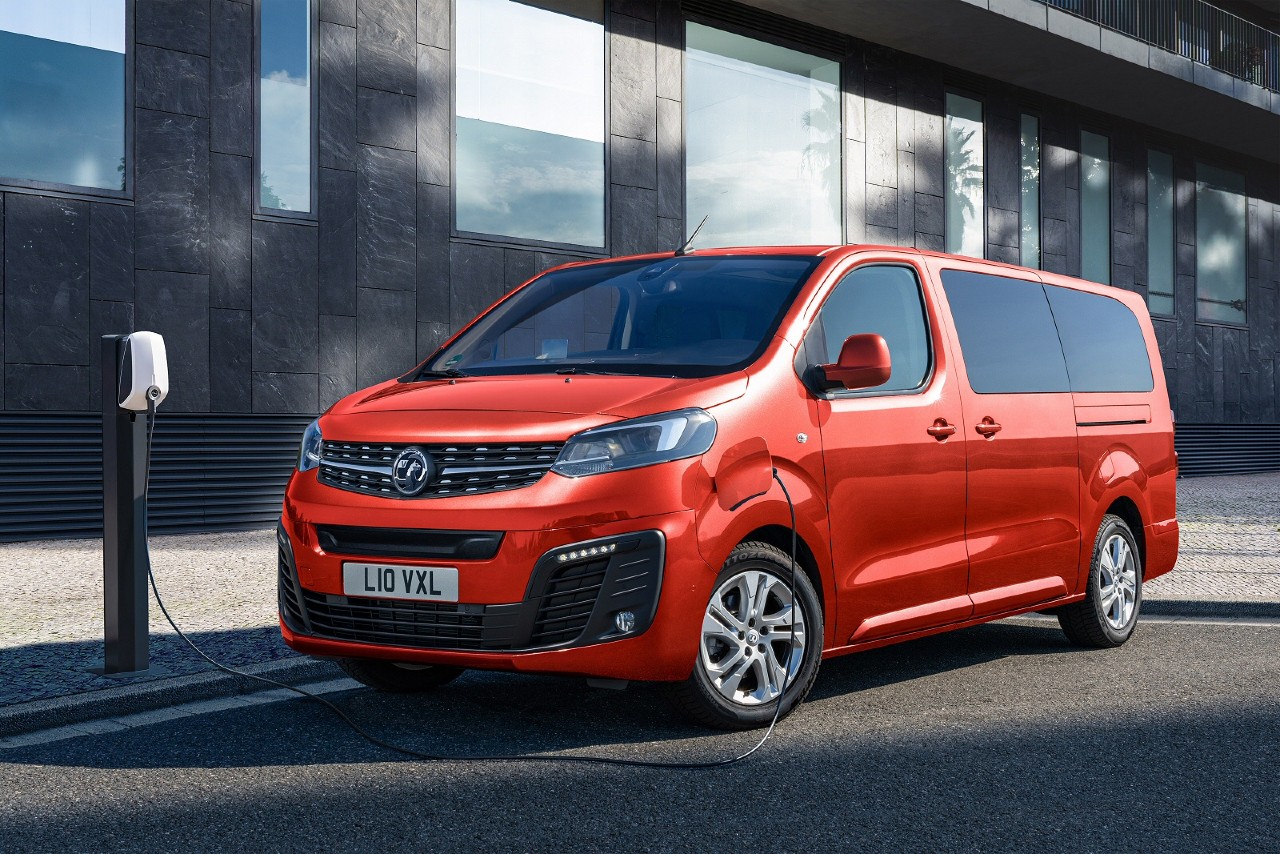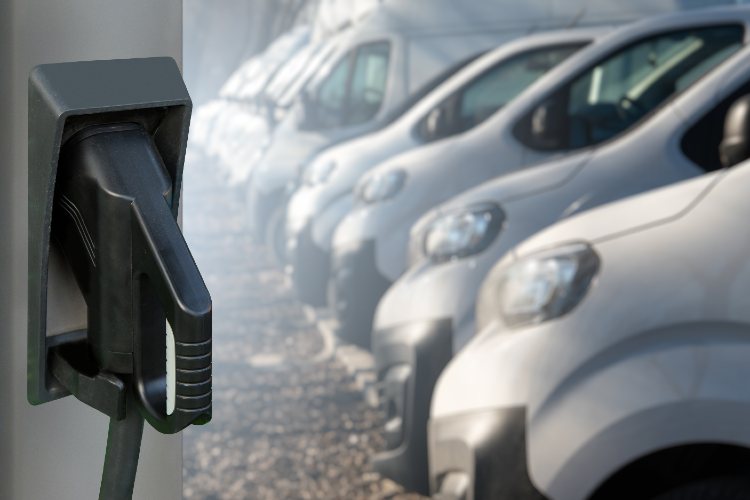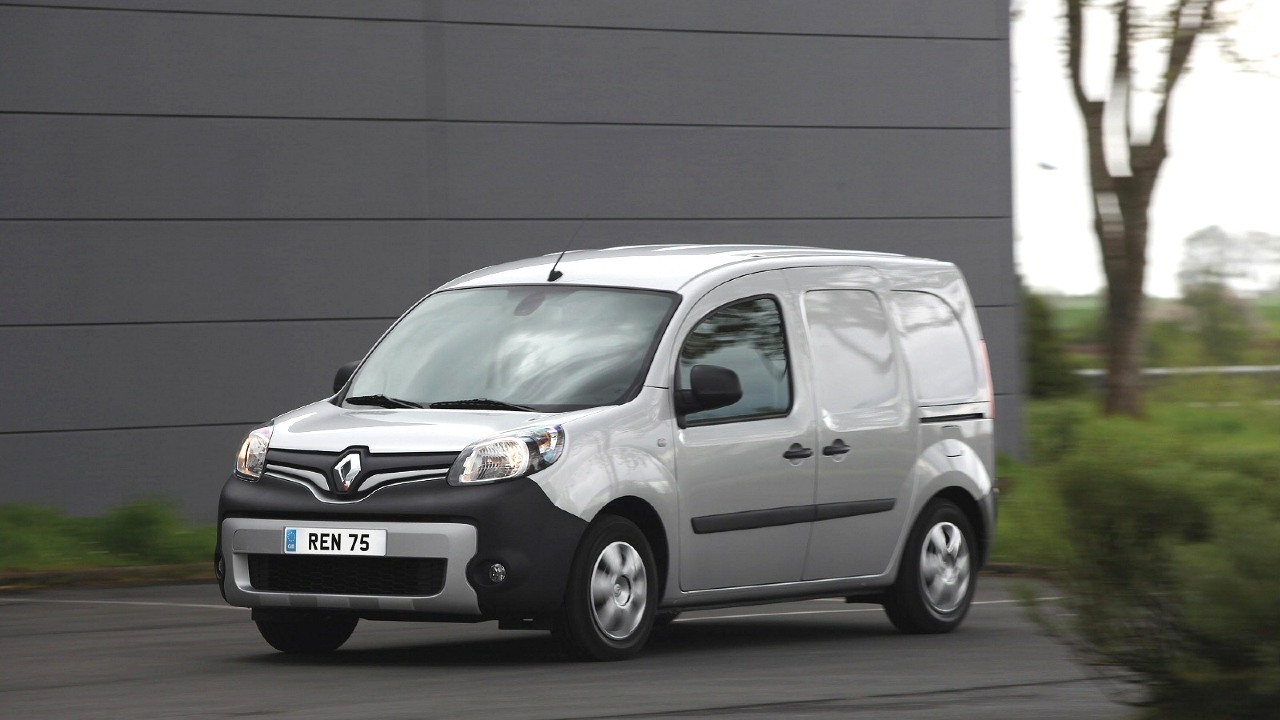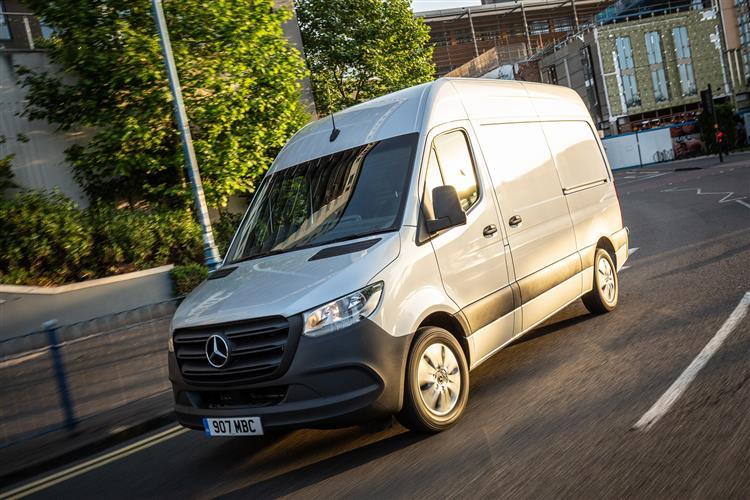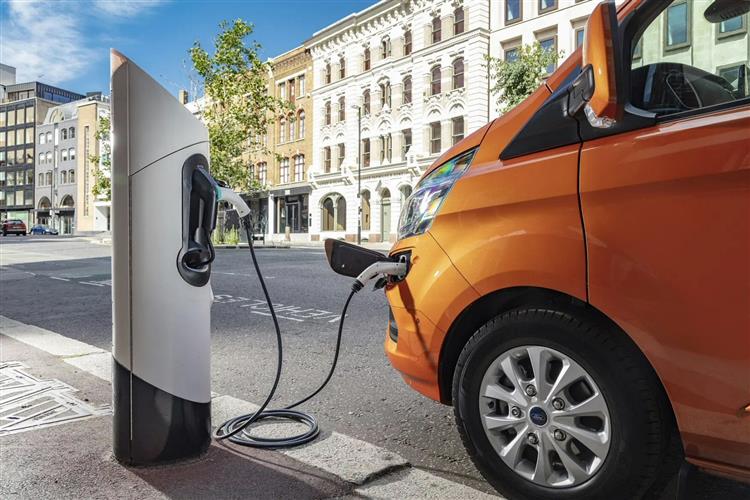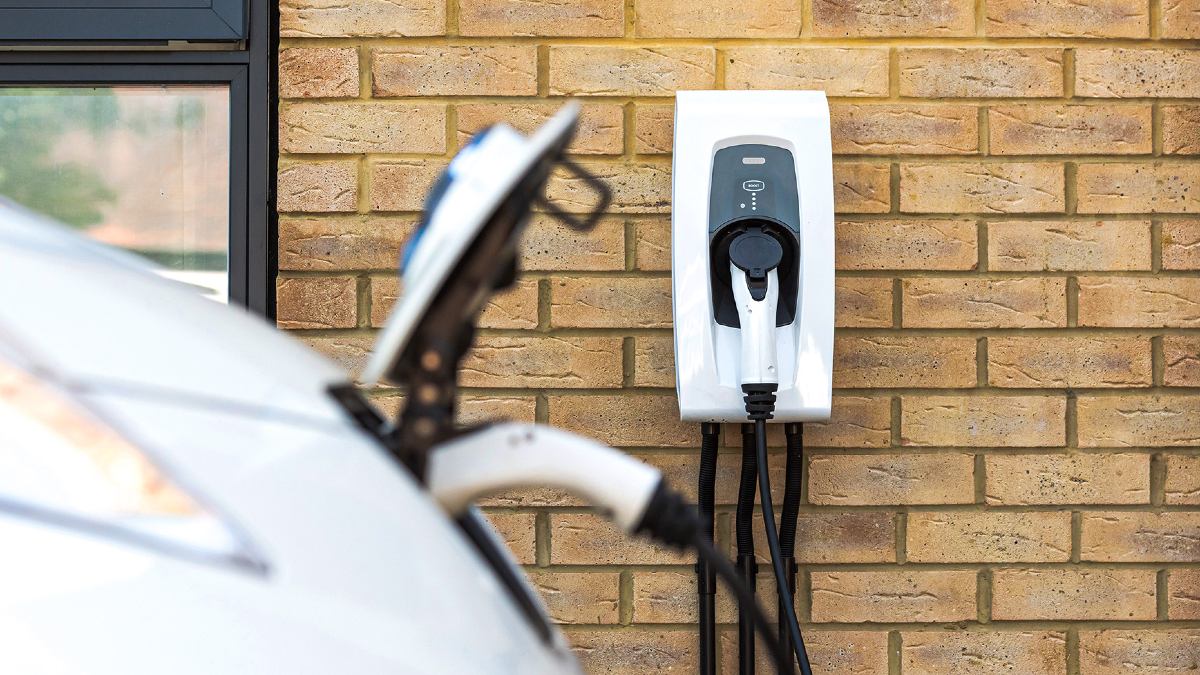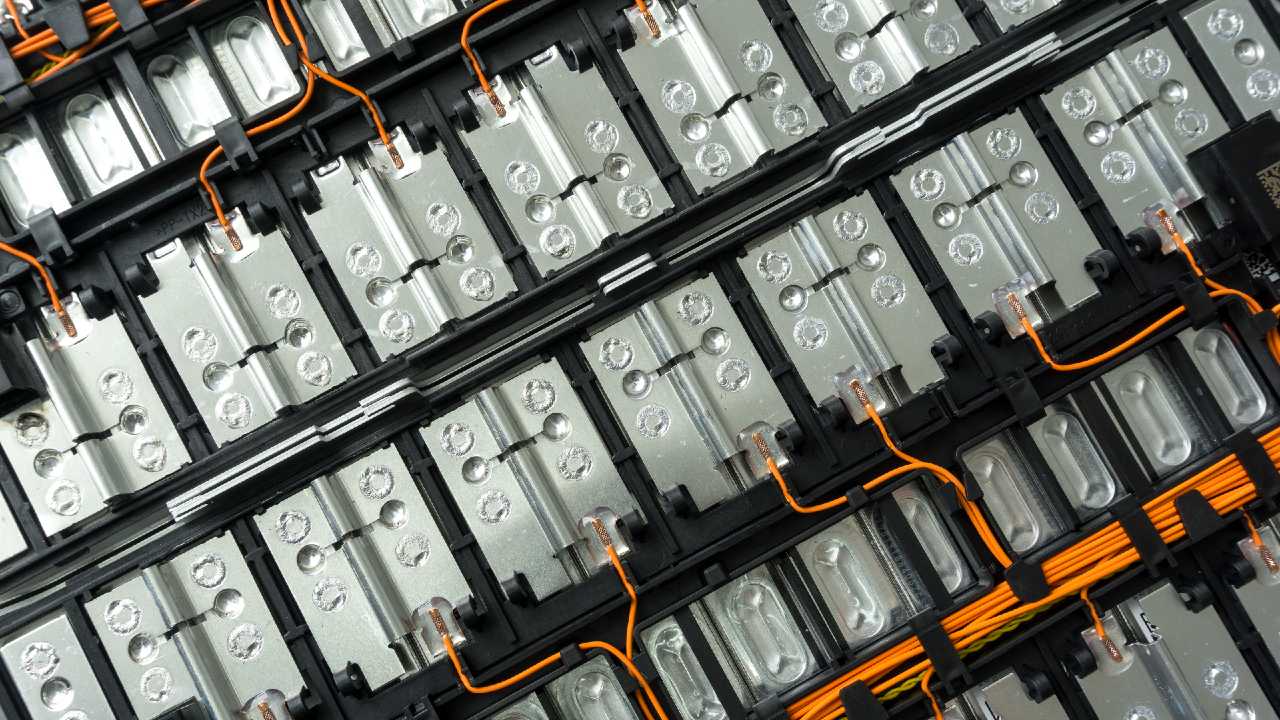The Ultimate Guide To Leasing An Electric Van
- What Types Of Electric Vans Are Available? What Are Some Things To Consider When Driving An Electric Van? What Grants Are Available On Small Vans? What Grants Are Available On Large Vans? Plug-In Hybrid Electric Vehicles (PHEVs) How A Home Charger Will Change Your View Of EVs How Long Do Electric Van Batteries Last?
What Types Of Electric Vans Are Available?
Electric vans fall into two categories:
-
Fully-electric vans that have no combustion engine & are powered ONLY by their batteries are called BEVs or Battery Electric Vehicles.
-
Hybrids are a mix of electric power & internal combustion engine.
Of these two types, it’s only the BEVs that are true Zero Emission Vehicles & produce no exhaust emissions.
What Are Some Things To Consider When Driving An Electric Van?
Charging Times
Simply put, it takes longer to recharge an electric van than filling the tank of a regular van. DC rapid charging will charge your battery back up to 80% in under 60 minutes on most vans with the fast-charging capability. Home charging point will get you back to 100% overnight, while a 3-pin plug charger might take a full day.
Range Anxiety
It’s a real thing, but based on the simple fact that electric vans will not travel as far on a 100% charge as a fuel van will on a full tank. However, a lot of electric vans are now capable of travelling nearly 200 miles on a single charge. Few van drivers - aside from last-mile delivery drivers - are driving 200 miles in a single day, so overnight charging should eliminate range anxiety.
Higher Purchase Cost, But Longer-Term Savings
Electric vehicle tech is still very new & made with expensive components. While the prices to drive them may be higher, you do save money over the vehicle's life in terms of lower cost per mile & lower maintenance costs.
Vehicle Weights & Payloads
Electric vehicle tech is heavy, meaning it increases the gross vehicle weight of a van & therefore decreases the payload it can carry. The Government has foreseen this issue & remedied it by increasing the GVW for electric vans from 3.5 tonnes to 4.25 tonnes - this makes allowances for the heavy batteries electric vans use.
Range Variance
If a van manufacturer claims a 205-mile range on its electric van, you can safely assume you’ll most likely get closer to 180 miles. Stated miles come from test environments where the vans are left running over long periods of time. In real life, vans are always being stopped, started, windows rolled down, braked too hard, etc, & this all takes a toll on the batteries charge. Also, the chemicals in batteries do not react well to cold weather, which can also reduce effective range - although not by much.
Battery Lifespan & Longer Warranties:
Like all batteries, the ones in electric vehicles degrade over time, but most manufacturers are so confident in their tech that they provide up to 8-year warranties on the batteries! That kind of warranty terms will more than cover you for the duration of a lease.
What Grants Are Available On Small Vans?
To qualify for the grant on low-emission small vans, they must have a gross vehicle weight of less than 2500kg, emit CO2 emissions of less than 50g/km & be capable of travelling at least 96km or 60 miles without any emissions at all.
The grant will pay for 35% of the purchase price for small vans, up to a maximum of £2,500. You can claim a total of 1000 plug-in van and truck grants for your business or organisation each year. This limit resets every year on 1 April.
What Grants Are Available On Large Vans?
To qualify for the grant on low-emission large vans, the vehicles must have a gross vehicle weight of between 2500kg & 3500kg gross vehicle weight, emit CO2 emissions of less than 50g/km & be capable of travelling at least 96km or 60 miles without any emissions at all.
The grant will pay for 35% of the purchase price for these vehicles, up to a maximum of £5,000. You can claim a total of 1000 plug-in van and truck grants for your business or organisation each year. This limit resets every year on 1 April.
Plug-In Hybrid Electric Vehicles (PHEVs)
A PHEV is as close as you can get to a fully electric van in the hybrid category. As the name implies, you can plug it in to charge its electric batteries & use full electric driving for a short range (normally in the region of 30 miles or so).
When you need more performance or longer range, a PHEV will combine the electric motor & combustion engine to give you equivalent performance to a traditional van but still with better fuel economy.
If your journeys or commute are regularly short (or you can recharge at home or work) then PHEV hybrids are a great solution for people who want the benefits of full electric driving but the back-up of a combustion engine.
How A Home Charger Will Change Your View Of EVs
If you have access to off-road parking at your home (i.e. a driveway) then a wall-mounted EV charging unit could transform the way you charge & use your electric van.
A home charger will mean never getting into an electric van that isn’t at 100% - providing you plug it in most nights. Current Government grants will provide up to £350 towards the installation of a home charger & home electricity tariffs are increasingly offering lower rates for electric van owners to charge the van at night.
How Long Do Electric Van Batteries Last?
The warranties on new EV batteries are typically 100,000 miles or 8 years. Simple care techniques, such as avoiding draining the batteries to zero regularly, can add to their efficiency & lifespan. In fact, most manufacturers recommend keeping batteries in a 20-80% sweet spot.
Research by technology firm Geotab, showed that the so-called ‘State of Health’ of batteries in a wide range of popular EVs was declining so slowly that the batteries will outlast the usable life of the vehicle - a huge plus point for electric vans.
Furthermore, that ‘state of health’ declined by approximately 2.3% on average, meaning that over five years of ownership, a 200-mile range van would still have a range of over 180 miles.
If you’re using your van for regular journeys & charging at home most nights then that is well within the range of pretty much every EV.
Also, any concerns you might have over battery life are eliminated when you lease an electric van. A standard 2-5-year lease falls well within the warranties of every electric van we offer at Vanarama.

